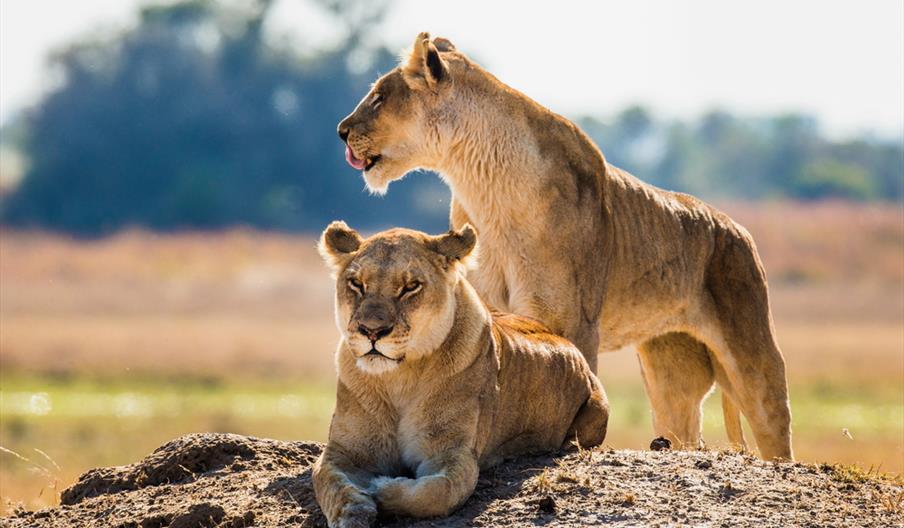
About
Summary
In Botswana, natural capital makes up more than one third of the country’s wealth. An important element of this natural capital (such as the wildlife) is essential for tourism to develop and thrive. The aim of this study was to develop a proposed approach for the establishment of a natural capital account for tourism.
The rationale of natural capital accounting is that whilst natural resources, such as minerals, have a value, the use (or extraction) of them reduces their potential value to the country, so the balance sheet is reduced. This can also be applied to tourism, as any destruction of the natural environment (land, wildlife, etc) through tourism activities reduces the balance and therefore the natural value of tourism as a sector.
Our Approach
There were no countries developing tourism natural capital accounts, and consequently no examples of best practice could be sourced when developing the account for Botswana. There were, however, some other sectors that could provide a background for the methodology, including a natural capital account for water that had been developed in Botswana.
Overall, it was necessary to start from first principles, drawing on the United Nations System of Environmental–Economic Accounting and the Tourism Satellite Account Methodological Framework to create the core structure of the Tourism Natural Capital Account. Acorn worked closely with the Ministry of Environment, Wildlife and Tourism, and Ministry of Mineral Resources and Water Affairs, amongst other public and private sector stakeholders to develop a solution to the Natural Capital Account. Consultations and workshops were held with key stakeholders in Botswana to gather information on the natural tourism product and to draw on existing expertise. Once the project was completed, a national workshop was held to validate the methodology proposed.
Outcome
The concept of wildlife in Botswana’s protected areas was recommended as the base for measuring tourism natural capital rather than land or biophysical attributes - the reason being that changes in the wildlife populations may be of more concern or more benefit to tourism than changes in land in the protected areas.
Tourism statistics on demand for Nature Based International Leisure Tourism were obtained from sample surveys and administrative records, whilst statistics on supply were obtained from the registers/lists of tourism businesses in the protected areas from both the Department of Tourism and Statistics Botswana.
Direct tourism contribution to the economy was derived from tourism satellite accounting methodologies. The tourism resource rent was derived from this tourist spending - the tourism resource rent is the return on the tourism natural capital in the protected areas. At an appropriate discount rate the tourism natural capital in the protected areas was estimated.
Directions
Projects Nearby
The project was aimed at assisting the Research and Statistics Unit in the Department of…
This study was the fourth Tourism Satellite Account (TSA) compilation for Botswana, with…
The overall aim of this project was to make recommendations to improve research and…
Study to further enhance the tourism statistical infrastructure in Botswana following the…
An analysis of existing research and extensive consultations, advised tourism…
In 2000, Acorn developed an offline tourism statistics database to assist with measuring…
A detailed report about the FIT (Fully Independent Traveller) market segment was required…
Acorn delivered a Destination Management Plan for Livingstone, based on a placemaking…
Acorn’s team provided Zambia’s Ministry of Tourism with technical support to review,…
Development of a project tracking tool for the Millennium Challenge Account team in…
Detailed analysis of the community-based tourism market in Africa, in particular looking…
This one-year project focused on strengthening the Research and Statistics Unit by…
Niche market report that examines the state of adventure tourism around the world and in…
Extensive research, stakeholder engagement and workshops, informed CBI about the…
The United Nations World Tourism Organization (UNWTO) commissioned five three-day tourism…
Large sample tourism exit survey to provide detailed tourist profile and trip…


.png)









